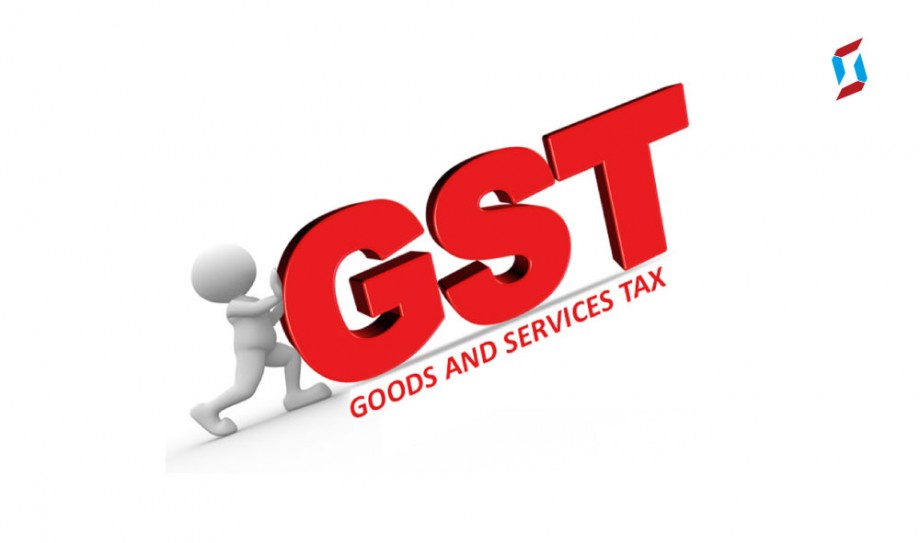

GST in Uttarakhand
Goods and Services Tax (GST) is an indirect tax which was introduced in India on 1 July 2017 and was applicable throughout India which replaced multiple cascading taxes levied by the central and state governments. It was introduced as The Constitution (One Hundred and First Amendment) Act 2017, following the passage of Constitution 122nd Amendment Bill. The GST is governed by a GST Council and its Chairman is the Finance Minister of India.
Under GST, goods and services are taxed at the following rates, 0%, 5%, 12% ,18% and 28%.There is a special rate of 0.25% on rough precious and semi-precious stones and 3% on gold. In addition a cess of 15% or other rates on top of 28% GST applies on few items like aerated drinks, luxury cars and tobacco products. GST was initially proposed to replace a slew of indirect taxes with a unified tax and was therefore set to dramatically reshape the country's 2 trillion dollar economy. The rate of GST in India is between double to four times that levied in other countries like Singapore. In 2014, the NDA government was re-elected into power, this time under the leadership of Narendra Modi. With the consequential dissolution of the 15th Lok Sabha, the GST Bill – approved by the standing committee for reintroduction – lapsed. Seven months after the formation of the Modi government, the new Finance Minister Arun Jaitley introduced the GST Bill in the Lok Sabha, where the BJP had a majority. In February 2015, Jaitley set another deadline of 1 April 2016 to implement GST. In May 2016, the Lok Sabha passed the Constitution Amendment Bill, paving way for GST. However, the Opposition, led by the Congress demanded that the GST Bill be again sent back to the Select Committee of the Rajya Sabha due to disagreements on several statements in the Bill relating to taxation. Finally in August 2016, the Amendment Bill was passed. Over the next 15 to 20 days, 18 states ratified the GST Bill and the President Pranab Mukherjee gave his assent to it. GST is a consumption-based tax, therefore, taxes are paid to the state where the goods or services are consumed not the state in which they were produced. The GST is imposed at different rates on different items. The rate of GST is 18% for soaps and 28% on washing detergents. GST on movie tickets is based on slabs, with 18% GST for tickets that cost less than Rs. 100 and 28% GST on tickets costing more than Rs.100. The rate on under-construction property booking is 12%.Some industries and products were exempted by the government and remain untaxed under GST, such as dairy products, products of milling industries, fresh vegetables & fruits, meat products, and other groceries and necessities.
Is going to benefit people below the poverty line?
With respect to those living below the poverty line, there might not be a direct impact of the GST on them as such since basic necessities like food are unlikely to attract the GST but increased collections of the GST with a larger tax base should provide an impetus to the government to allocate more money for social and poverty alleviation programmes. Thus, the GST should benefit all sections of the society. Additionally, the GST, being a nationwide tax, could lead to possibly higher inflation in the first few years of its introduction but would gradually increase the overall GDP.
How to become a GST & Tally Expert?
Being a new in direct tax & low level of Awareness & Knowledge among people, small businesses & Industry. There is a huge gap between the required no. of GST Experts & What is required in the market making it a segment were large no. of jobs is produced.
GST has been coming on its way towards the Indian national taxation scheme and would find its position well settled next financial year and the preparations are heavily under work. “The Goods and Services Tax (GST) that the Central government is set to implement from April 1, 2017, will benefit traders and end consumers both in plains and hill districts of Uttarakhand".Uttrakhand is known for its valuable resources like environmental, hydroelectric, energy and herbal beneficiary and has a lot of chances to get Grant from the government after the application of GST. “State governments were entitled to compensation for revenue loss if suffered during the first five years of the implementation of the GST".